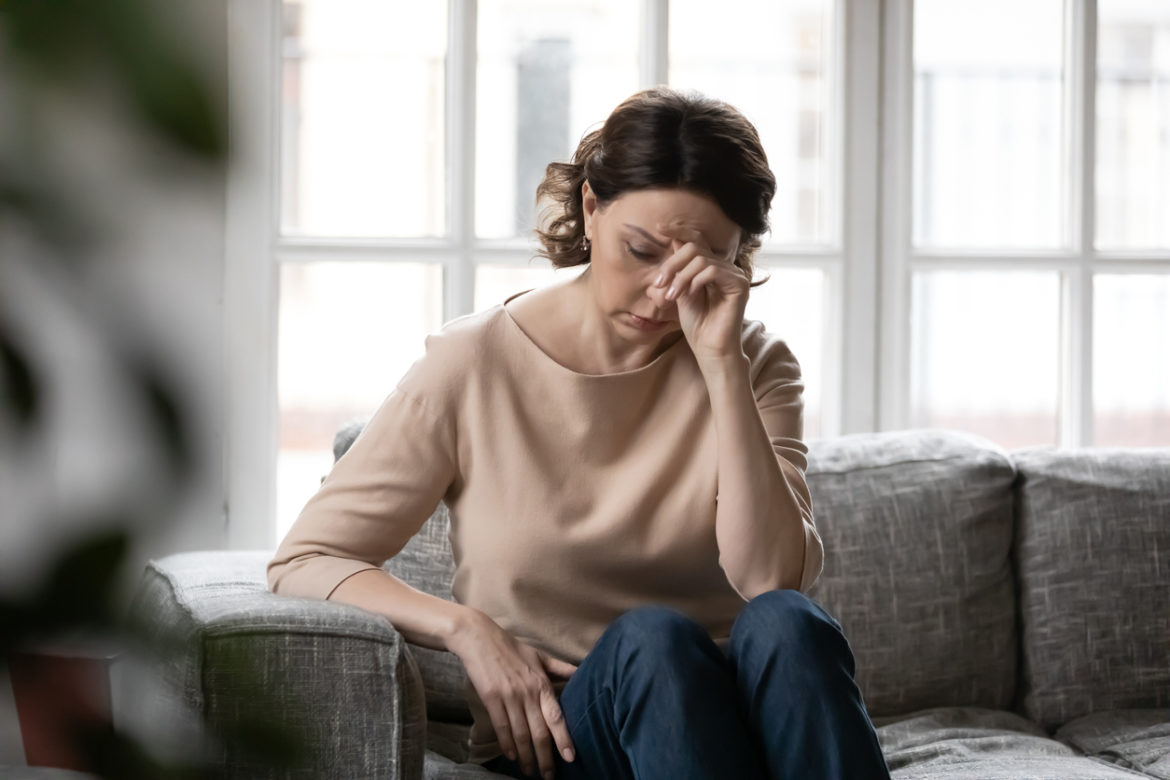While hormone levels naturally fluctuate over time and within different stages of life, significant changes in hormone levels can seriously affect one’s mental health. For example, low levels of a hormone called progesterone have been linked with conditions such as depression, the inability to control emotions, and, when elevated, may result in anxiety. Low levels of thyroid hormones, or hypothyroidism, can also negatively affect hormone balances and result in mental health issues like depression or anxiety. If you think you may be suffering from hormonal imbalances causing depression, hormone testing should be done to determine the underlying causes.
It is essential to work with a qualified healthcare professional to ensure that any treatments are tailored to your needs. Treatment options can range from lifestyle changes and natural remedies to supplements or hormone replacement therapy. Each individual is unique, and it is important to discuss the best treatment plan for you with your healthcare provider.
Let’s take a closer look at the major hormones impacting your mental health and how you can use natural remedies to bring them back into balance.
Thyroid Hormones
The thyroid is a gland located in your throat that produces multiple hormones, including triiodothyronine (T3) and thyroxine (T4). These hormones help regulate metabolism and energy levels throughout your body. Low levels of T3 and T4 can lead to fatigue, weight gain or loss, and difficulty controlling your emotions.
Estrogen
Estrogen is a hormone made primarily by the ovaries in women. It plays an important role in regulating reproductive function, mood, and memory formation. Estrogen levels fluctuate throughout a woman’s life cycle but can also be affected by lifestyle factors such as diet or stress levels. Low estrogen can lead to mood swings and depression symptoms in women, while high estrogen has been linked to anxiety and irritability.
Click Here to Learn More About Hormonal Imbalance Symptoms in Women
Progesterone
Progesterone is another hormone made primarily by the ovaries, but it can also be produced by the adrenal glands or testes, depending on gender. Progesterone helps regulate menstrual cycles and emotional responses like fear or anger. Low progesterone has been linked to depression, while high progesterone has been associated with anxiety-like symptoms such as racing thoughts or restlessness.
Testosterone
Testosterone is an essential hormone for both men and women, although men typically have more than women do naturally due to their higher production of testosterone from their testes. Testosterone helps regulate muscle mass, bone density, libido, and overall energy level. Low testosterone has been linked to fatigue, low sex drive, and difficulty focusing. It can also cause male depression symptoms like irritability and mood swings.
Cortisol
Cortisol is a hormone produced by your adrenal glands in response to stress. That’s why it is popularly known as “the stress hormone.” It helps regulate metabolism, immunity, and other bodily functions. When high, cortisol levels produce a surge of energy and increased focus. However, when the body is exposed to chronic stress or high cortisol levels for an extended period, it can lead to fatigue, difficulty concentrating, and depression-like symptoms.
Click Here and Try Hormone Imbalance Testing Today
Solutions
Lifestyle Changes
Making healthy lifestyle changes is the first step towards balancing your hormones and improving your mental health. Eating a nutritious diet, exercising regularly, and getting enough sleep can help keep hormone levels in check while reducing stress and anxiety.
Natural Remedies
Many natural remedies can help restore balance to your hormones. For example, herbal supplements like maca root, ashwagandha, or chasteberry have positively affected hormone production and improved overall mental health. Essential oils like lavender, clary sage, or bergamot are also believed to reduce stress levels and improve moods when used aromatically or topically. Additionally, acupuncture has been found to be an effective treatment for reducing symptoms of depression or anxiety in pregnant women, a target group who often suffers from hormone imbalances.
Hormone Replacement Therapy
When lifestyle changes and natural remedies are not enough, a healthcare provider may recommend hormone replacement therapy (HRT). HRT is a medical treatment that replaces hormones deficient or out of balance in the body. Your specialist can help you decide if this is an appropriate option for you and will work with you to develop an individualized treatment plan. With easy, at-home hormone imbalance testing available, it’s easier than ever to get on a path toward better mental health.
Final Thoughts
No matter what kind of hormonal imbalance you’re dealing with, there are steps you can take to restore balance and improve your mental health. Make sure to talk to your healthcare provider about any symptoms you’re experiencing so they can advise on the best way to treat them. With the right approach, it is possible to regain balance and feel like yourself again.

